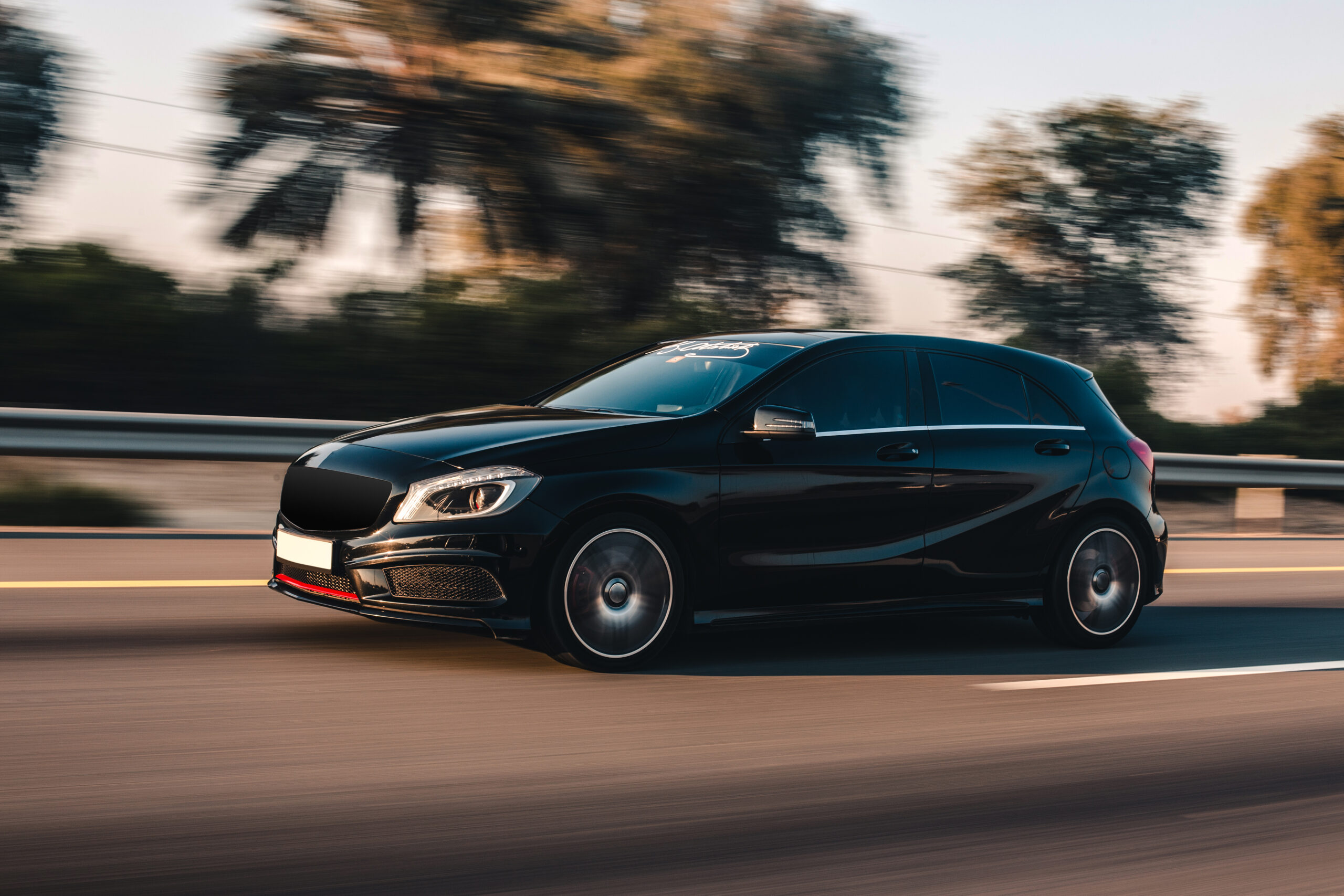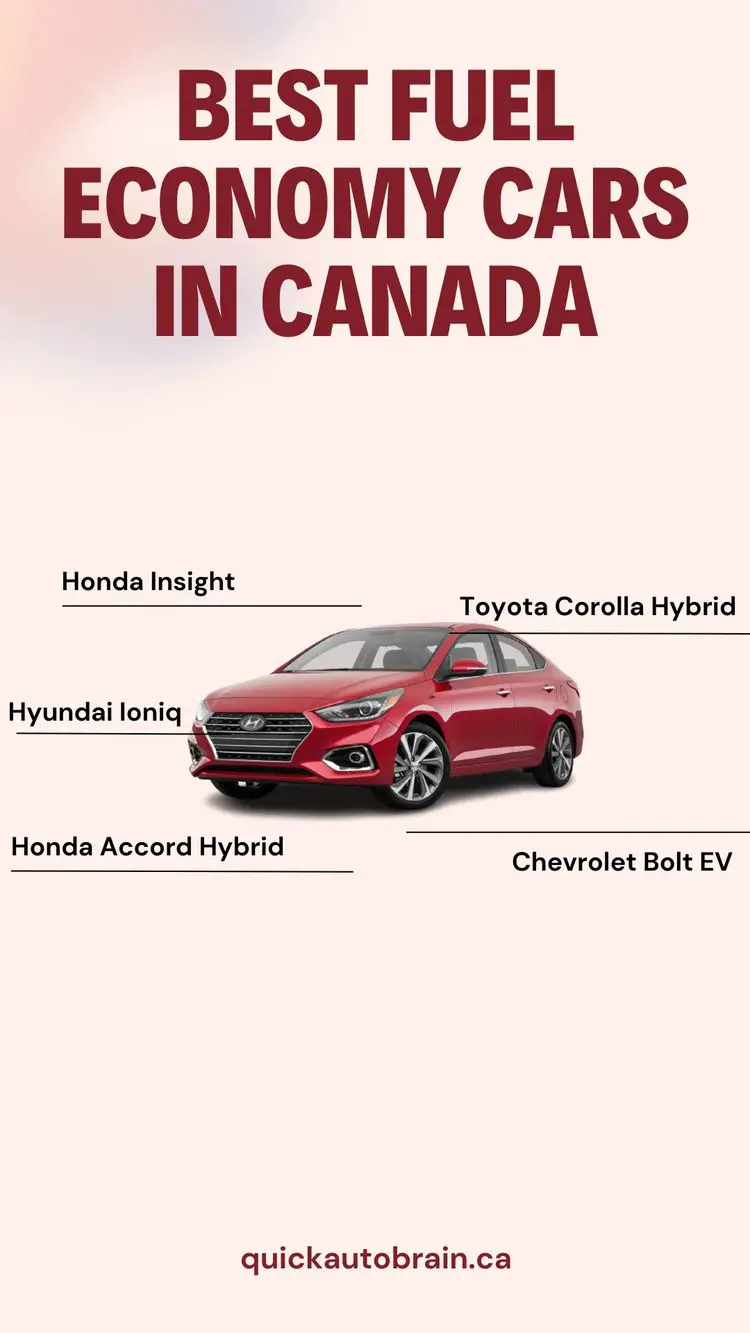The compact SUVs in Canada offers a balance of compact dimensions, comfortable interiors, and cargo space, making them ideal for urban driving, family outings, and outdoor adventures. These vehicles have become increasingly popular in Canada due to their versatility, fuel efficiency, and practicality. In this comprehensive guide, we will explore the best compact SUVs in Canada, discuss key factors to consider when buying one, and address frequently asked questions to help you make an informed decision when buying a compact SUVs in Canada.
The Appeal of Compact SUVs
Compact SUVs have gained immense popularity in Canada for several reasons. Firstly, their compact size makes them easy to maneuver in urban environments and parking spaces. Secondly, they offer a higher driving position, providing better visibility on the road. Additionally, compact SUVs provide ample cargo space, versatile seating arrangements, and improved fuel efficiency compared to larger SUVs. These factors make compact SUVs an attractive choice for individuals and families looking for a practical and efficient vehicle.
The Best 5 Compact SUVs in Canada
Honda CR-V: The Honda CR-V has long been a top choice in the compact SUV segment. It offers a spacious interior, comfortable seating, and a reputation for reliability.
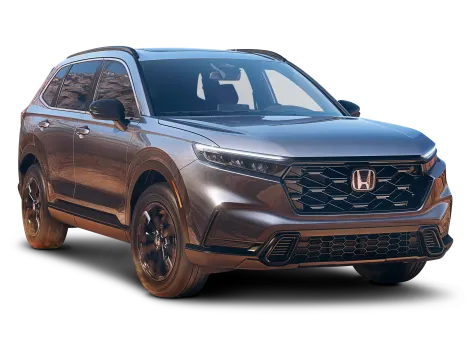
The CR-V also boasts impressive fuel efficiency, advanced safety features, and a smooth ride.
Mazda CX-5: The Mazda CX-5 combines stylish design, engaging driving dynamics, and a refined interior. It offers a responsive engine, precise handling, and a range of advanced safety technologies.
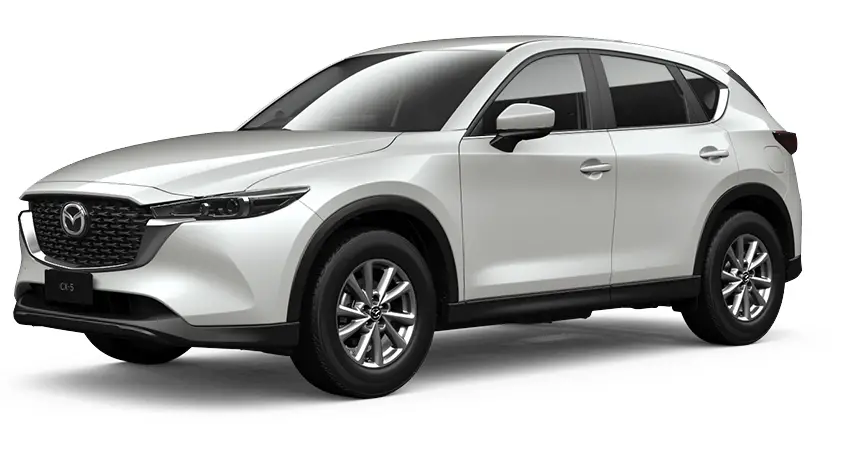
The CX-5 is known for its upscale features and attention to detail.
Toyota RAV4: The Toyota RAV4 has a strong presence in the compact SUV market. It offers a comfortable ride, excellent fuel efficiency, and a spacious cabin.
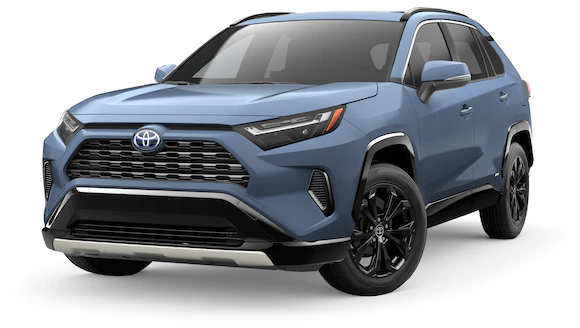
The RAV4 also comes with a variety of standard safety features and offers hybrid options for increased fuel economy.
Subaru Forester: The Subaru Forester is renowned for its standard all-wheel drive and exceptional safety ratings. It provides a roomy interior, generous cargo space, and off-road capability.
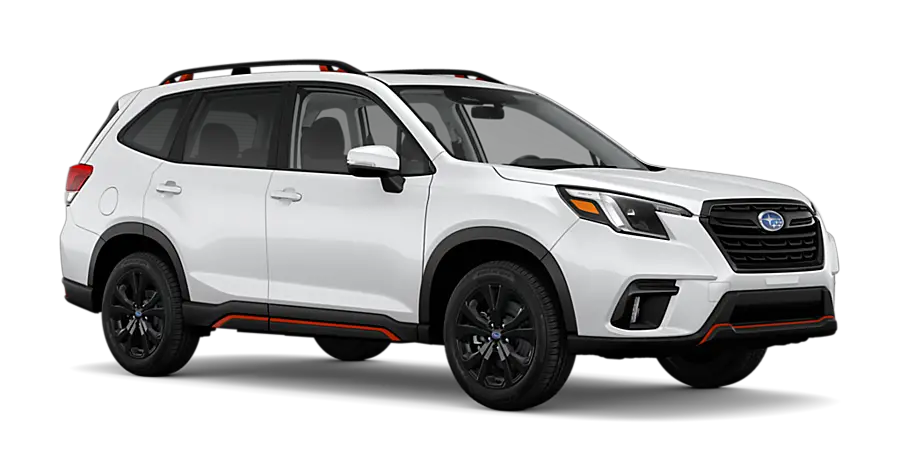
The Forester’s reliability and long-term value make it a popular choice among compact SUV buyers.
Hyundai Tucson: The Hyundai Tucson offers a stylish design, a comfortable cabin, and a smooth ride. It provides a range of advanced safety features and user-friendly technology.
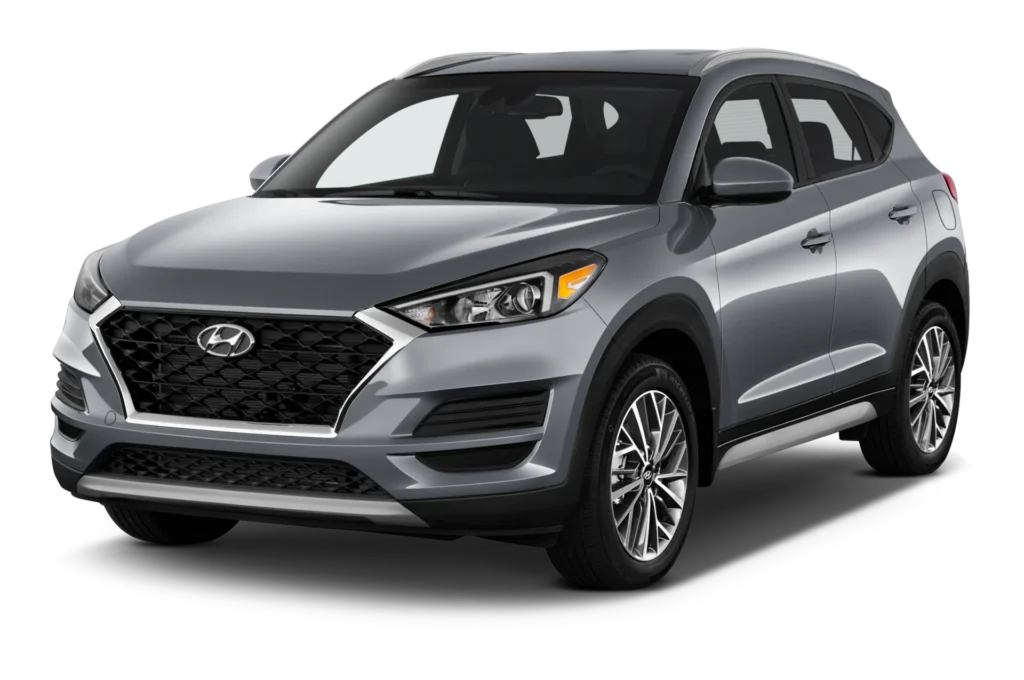
The Tucson is known for its value for money and comprehensive warranty coverage.
Key Factors to Consider When Buying a Compact SUV
Budget: Establish a budget for your compact SUV purchase, considering not just the initial purchase price but also long-term ownership costs such as fuel, insurance, maintenance, and repairs. This will help you narrow down your options and ensure that you choose a compact SUV that fits within your financial means.
Performance and Fuel Efficiency: Consider the performance characteristics of the compact SUV, including engine power, acceleration, and handling. Look for a balance between performance and fuel efficiency, as compact SUVs are often used for daily commuting and long drives. Opt for models with efficient engines or hybrid options if fuel economy is a priority for you.
Safety Features: Safety should be a top priority when choosing a compact SUV. Look for models equipped with advanced safety features such as adaptive cruise control, lane-keeping assist, automatic emergency braking, blind-spot monitoring, and rearview cameras. High safety ratings from organizations such as the Insurance Institute for Highway Safety (IIHS) and the National Highway Traffic Safety Administration (NHTSA) are also worth considering.
Interior Space and Versatility: Evaluate the interior space and versatility of the compact SUV. Consider factors such as seating capacity, legroom, and cargo space. Look for features like fold-flat rear seats and adjustable cargo configurations to maximize storage capacity. A well-designed and practical interior will enhance your comfort and convenience during daily use.
Technology and Connectivity: Modern compact SUVs come with a range of technology features to enhance your driving experience. Look for models with user-friendly infotainment systems, touchscreen displays, smartphone integration (Apple CarPlay and Android Auto), Bluetooth connectivity, and USB ports. Advanced driver assistance systems and navigation systems can also be beneficial.
Reliability and Resale Value: Research the reliability ratings of different compact SUV models to ensure you choose a vehicle that will be dependable in the long run. Additionally, consider the resale value of the model you are interested in. Some brands and models tend to retain their value better than others, which can be advantageous if you decide to sell or trade-in your vehicle in the future.
Maintenance and Ownership Costs: Take into account the maintenance and ownership costs associated with the compact SUV. Research the average costs of routine maintenance, repairs, and replacement parts. Consider factors such as the availability and cost of servicing, as well as the reputation of the brand for reliability and cost of ownership.
FAQs
Are compact SUVs good for city driving?
Yes, compact SUVs are well-suited for city driving due to their smaller dimensions, which make maneuvering through traffic and finding parking spaces easier. They also provide better visibility and a higher driving position, allowing for improved awareness of the surroundings.
How do compact SUVs compare to sedans in terms of fuel efficiency?
Generally, compact SUVs offer slightly lower fuel efficiency compared to sedans due to their larger size and higher ground clearance. However, advancements in engine technology have led to significant improvements in fuel economy for compact SUVs. Many compact SUV models now offer competitive fuel efficiency ratings that are comparable to sedans.
What are the essential safety features to look for in a compact SUV?
Key safety features to consider in a compact SUV include advanced driver assistance systems such as adaptive cruise control, forward collision warning with automatic emergency braking, lane-keeping assist, and blind-spot monitoring. Additionally, features like stability control, multiple airbags, rearview cameras, and tire pressure monitoring systems are important for enhanced safety.
Can compact SUVs handle off-road driving and winter conditions?
While compact SUVs may not have the same off-road capabilities as larger SUVs or dedicated off-road vehicles, many compact SUVs offer all-wheel drive or optional AWD systems that can provide improved traction and handling in challenging conditions. Some models even have specific off-road driving modes. However, it’s important to note that the capabilities of each compact SUV in off-road conditions can vary, so it’s advisable to research specific models to ensure they meet your off-road requirements.
Regarding winter conditions, compact SUVs are generally well-suited for winter driving. Their higher ground clearance and available all-wheel drive systems can provide better traction on snowy or icy roads. However, it’s still important to equip your compact SUV with winter tires for optimal performance and safety in winter conditions.
Which compact SUV offers the best cargo space?
Cargo space can vary among compact SUV models. However, some popular models known for their generous cargo capacity include the Honda CR-V, Subaru Forester, and Toyota RAV4. These models offer versatile and spacious cargo areas, with options for folding rear seats and adjustable cargo configurations to accommodate larger items.
Are compact SUVs more expensive to insure compared to sedans?
Insurance costs can vary depending on various factors such as the model, insurance provider, driving history, and location. In general, compact SUVs may have slightly higher insurance costs compared to sedans due to factors such as their higher value and potentially higher repair costs. However, it’s always recommended to obtain insurance quotes for specific models from different insurance providers to determine the exact cost.
What is the average lifespan of a compact SUV?
The average lifespan of a compact SUV can vary depending on factors such as maintenance, driving conditions, and overall care. However, with proper maintenance and regular servicing, a well-built compact SUV can last for over 10 years or even longer. It’s important to follow the manufacturer’s recommended maintenance schedule and address any issues promptly to ensure the longevity of your vehicle.
Do compact SUVs hold their value well?
Compact SUVs, especially those from reputable brands with good resale value, tend to hold their value well. However, it’s important to note that the specific model, condition, mileage, and market demand can also impact the resale value. Researching the resale value of different models and choosing a popular and well-regarded compact SUV can potentially result in better resale value in the future.
Conclusion
Finding the best compact SUV in Canada requires careful consideration of various factors such as budget, performance, safety features, interior space, technology, reliability, and ownership costs. By evaluating these factors and researching popular models like the Honda CR-V, Mazda CX-5, Toyota RAV4, Subaru Forester, and Hyundai Tucson, you can make an informed decision that suits your needs and preferences.
Additionally, addressing frequently asked questions about compact SUVs, such as their suitability for city driving, fuel efficiency, safety features, off-road capabilities, cargo space, insurance costs, average lifespan, and resale value, can provide valuable insights and help you make a well-rounded decision.
Remember to thoroughly research, test drive, and compare different compact SUV models to ensure you find the one that meets your requirements and provides a comfortable, reliable, and enjoyable driving experience for years to come.

